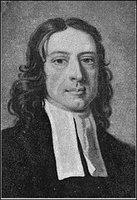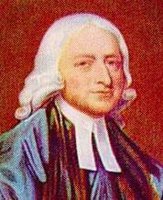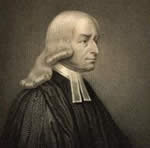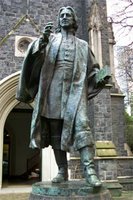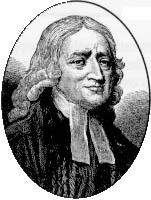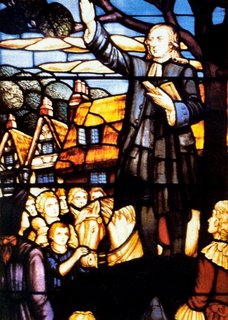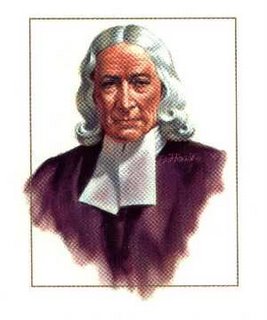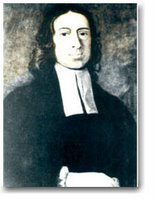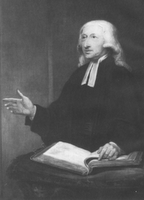 JANUARY 19
JANUARY 19I gave notice of this* to the Society; telling them that all who were ill of chronical distempers (for I did not care to venture upon acute) might, if they pleased, come to me at such a time, and I would give them the best advice I could and the best medicines I had.
Many came (and so every Friday since); among the rest was one William Kirkman, a weaver, near Old Nichol Street. I asked him: ‘What complaint have you?’ ‘Oh sir,’ said he, ‘a cough, a very sore cough. I can get no rest day nor night.’
I asked: ‘How long have you had it?’ He replied: ‘About threescore years; it began when I was eleven years old.’ I was nothing glad that this man should come first, fearing our not curing him might discourage others. However, I looked up to God, and said: ‘Take this three or four times a day. If it does you no good, it will do you no harm.’ He took it two or three days. His cough was cured, and has not returned to this day.
to the Reverend Vincent Perronnet, 1748*– his decision to treat simple cases of illness on his own


